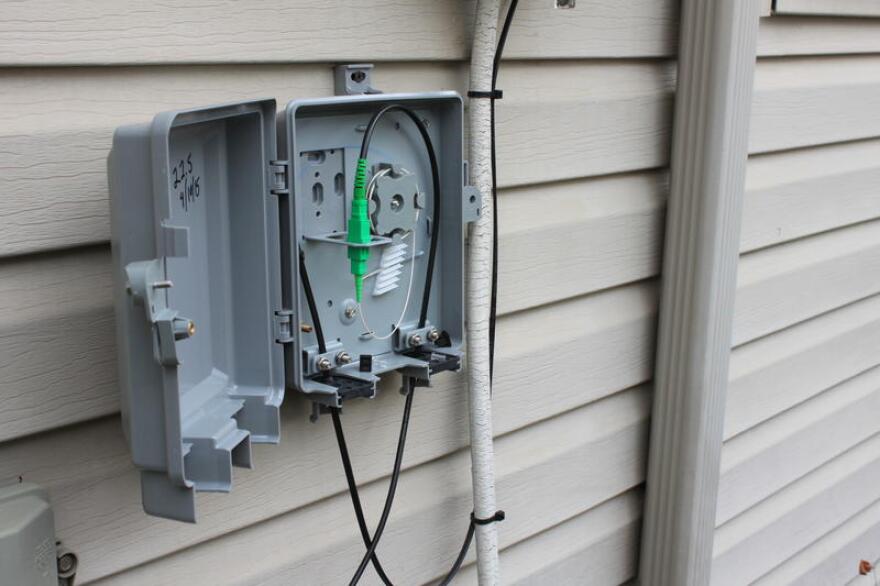Hundreds of thousands of New Yorkers lack what the FCC considers "broadband speed" internet.
As part of our series on the issues at stake in this election, WSKG's Sarah Gager and Gabe Altieri discuss the problem and possible solutions.
Interview Highlights
On why is rural broadband important
Gabe Altieri: Well, this is a big problem for a lot of people. I took a trip to Windsor to meet Steve Herz. He’s a former Broome County Legislator and led a charge to get funding for rural broadband about a decade ago. He’s worried about adding to the rural/urban divide, especially for students who might have to use the internet for homework
Steve Herz: You've got some kids that have internet service and they've got a leg up on all of their colleagues, if you will, that don't have internet service. And there's a lot of them. So what do those kids do? Frankly, I don't know.
On what is the state doing
GA: New York State is doing something about this. It’s called the Broadband Initiative. Public funds encourage a Verizon or a Time Warner Cable or whoever to come in and lay down the infrastructure for internet service. It just needs to make financial sense for the company.
The state plans to spend $500 million entice companies to build the infrastructure. The goal is for every household to have what the FCC calls broadband speed internet access by 2018. However, some worry about these public-private partnerships. James Dutcher runs the technology department at SUNY Cobleskill. He says it gives too much power the providers.
James Dutcher: Every now and then you’ll hear an announcement, out of the state, saying 'okay we have a new rural broadband initiative,' but then when you unpack the legislation that was approved you come to realize it was awarded to a single provider, which, again, is not good.
GA: Dutcher means a single provider in one area.
On what state candidates are saying
GA: Most said they want to see how the state’s Broadband Initiative works out, with oversight, to make sure the companies are providing the service they promised when they took government money. The candidates mentioned giving special consideration to regional broadband companies because they’re local.


